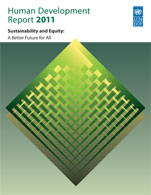You are here
Sat, 2009-06-27 04:47 — mdmcdonald
The mission of the Community Resilience group is to foster ideas and information about community resilience, and take action to push this forward on a local, national and global level.
General Topic Tags:
Problem, Solution, SitRep, or ?:
Group:
Group description:
A working group to define and facilitate community resilience, in the face of pandemic influenza and beyond.
Group visibility:
Public - accessible to all site users
Add Content to this group
Members
| Albert Gomez | Anthony | mashalshah | mdmcdonald | Tjivekumba Kandjii | Wide rows |




Recent Comments